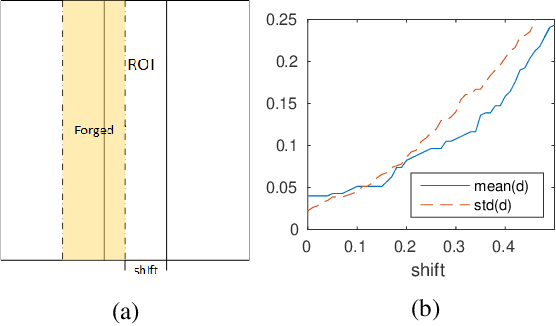Face Flashing: a Secure Liveness Detection Protocol based on Light Reflections
Paper and Code
Aug 22, 2018



Face authentication systems are becoming increasingly prevalent, especially with the rapid development of Deep Learning technologies. However, human facial information is easy to be captured and reproduced, which makes face authentication systems vulnerable to various attacks. Liveness detection is an important defense technique to prevent such attacks, but existing solutions did not provide clear and strong security guarantees, especially in terms of time. To overcome these limitations, we propose a new liveness detection protocol called Face Flashing that significantly increases the bar for launching successful attacks on face authentication systems. By randomly flashing well-designed pictures on a screen and analyzing the reflected light, our protocol has leveraged physical characteristics of human faces: reflection processing at the speed of light, unique textual features, and uneven 3D shapes. Cooperating with working mechanism of the screen and digital cameras, our protocol is able to detect subtle traces left by an attacking process. To demonstrate the effectiveness of Face Flashing, we implemented a prototype and performed thorough evaluations with large data set collected from real-world scenarios. The results show that our Timing Verification can effectively detect the time gap between legitimate authentications and malicious cases. Our Face Verification can also differentiate 2D plane from 3D objects accurately. The overall accuracy of our liveness detection system is 98.8\%, and its robustness was evaluated in different scenarios. In the worst case, our system's accuracy decreased to a still-high 97.3\%.
 Add to Chrome
Add to Chrome Add to Firefox
Add to Firefox Add to Edge
Add to Edge